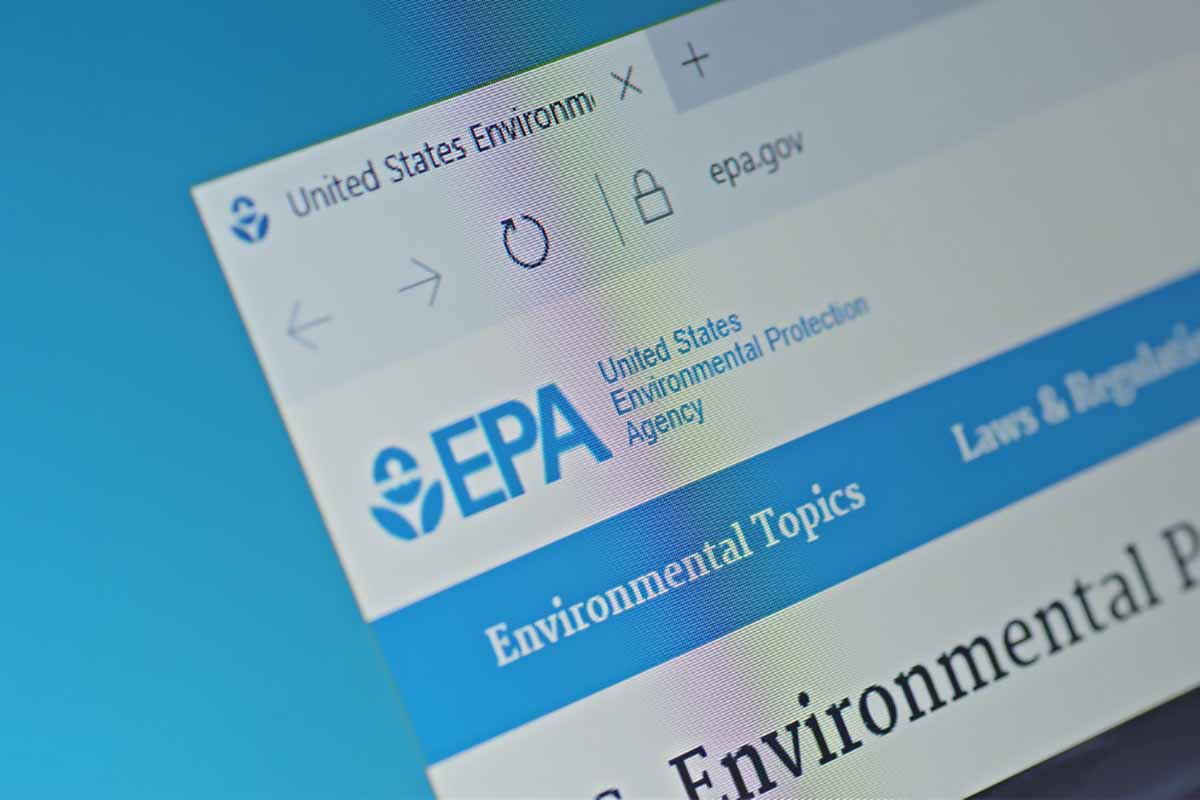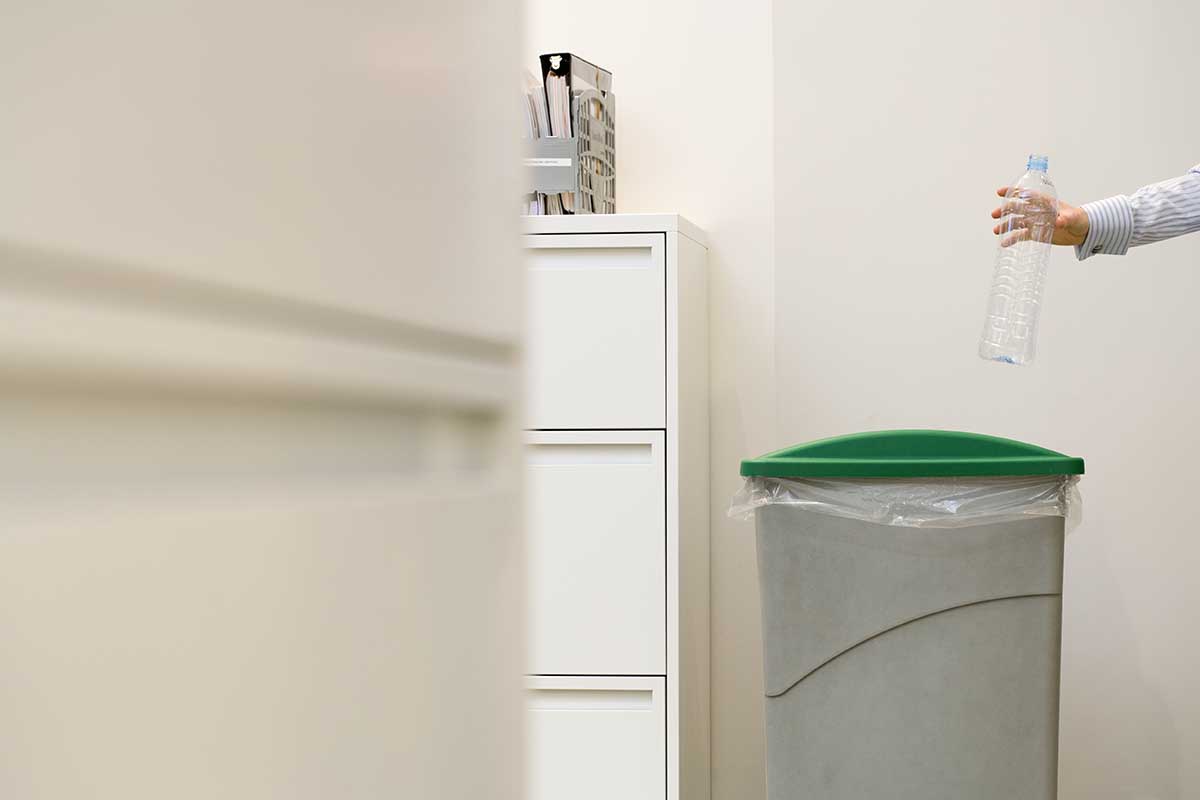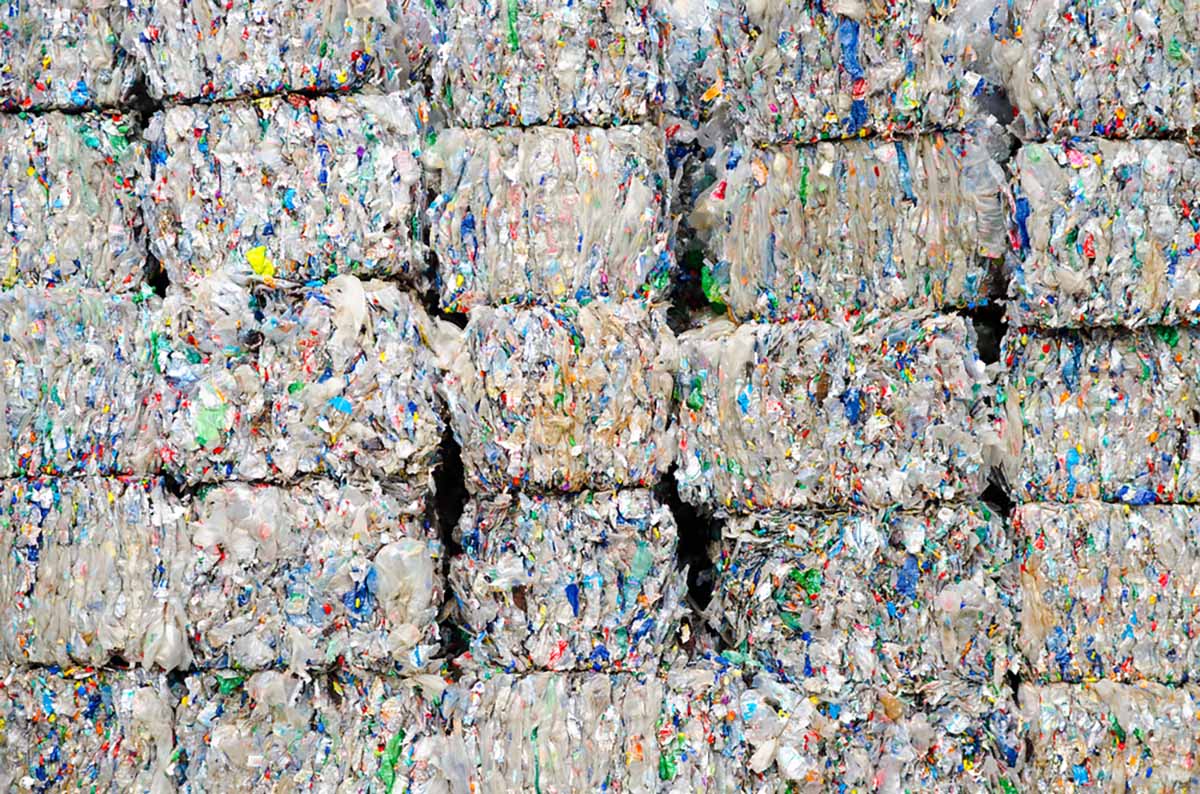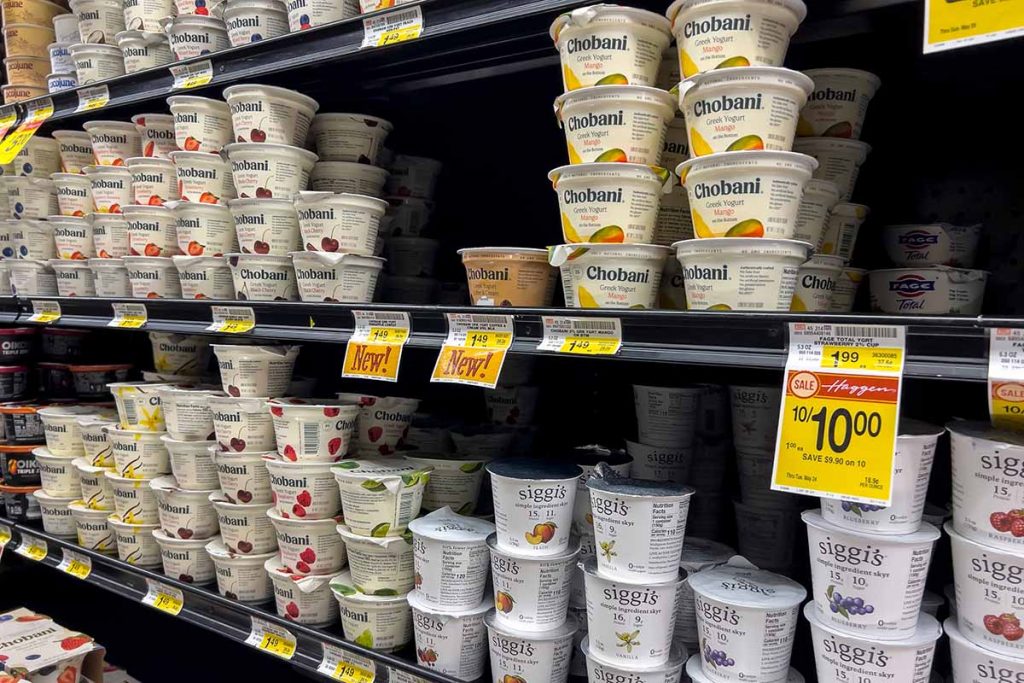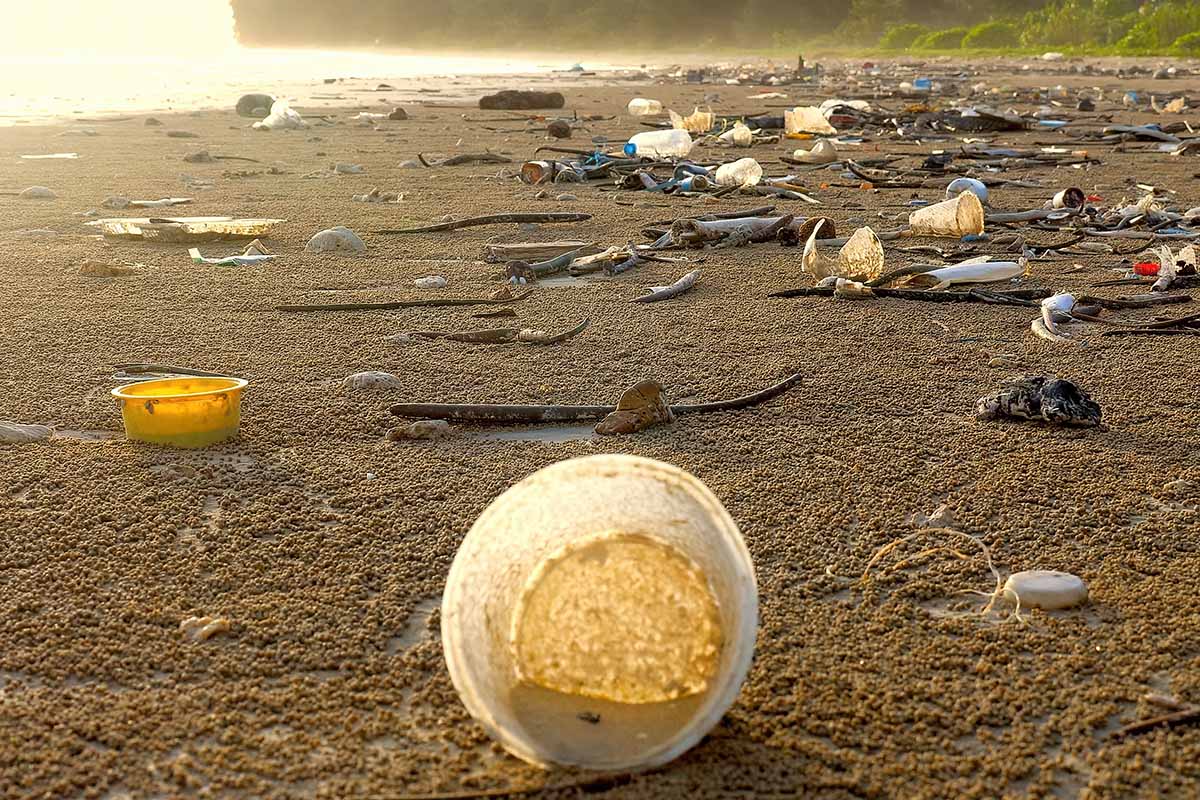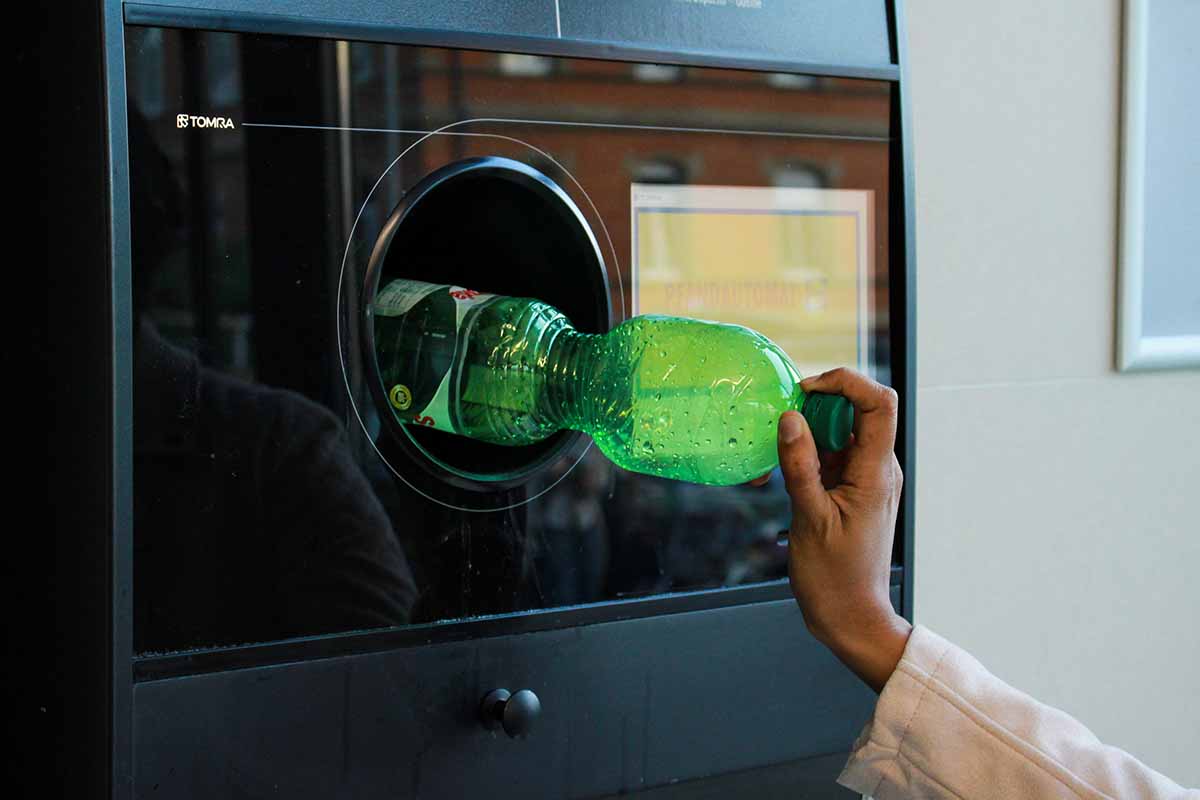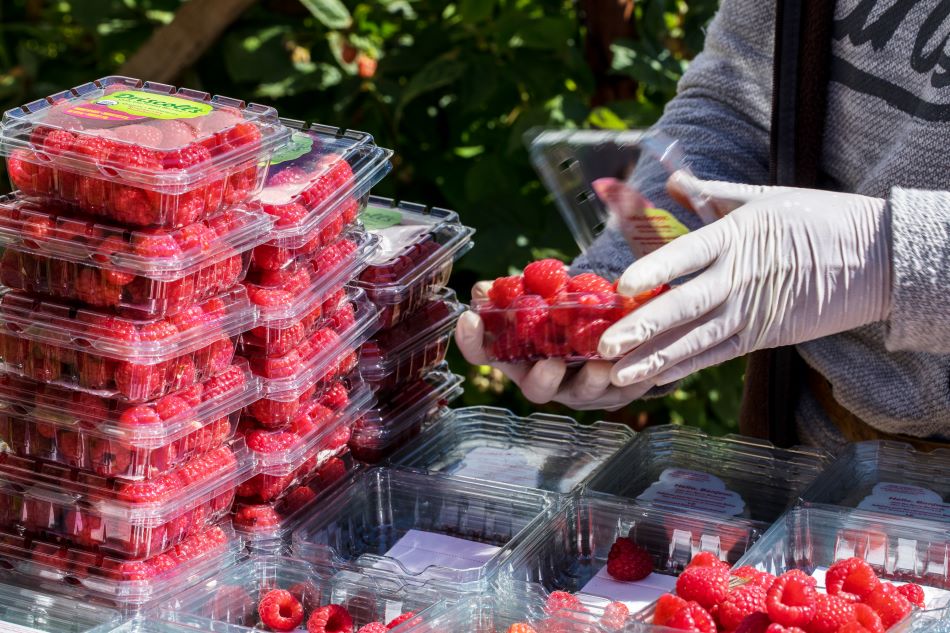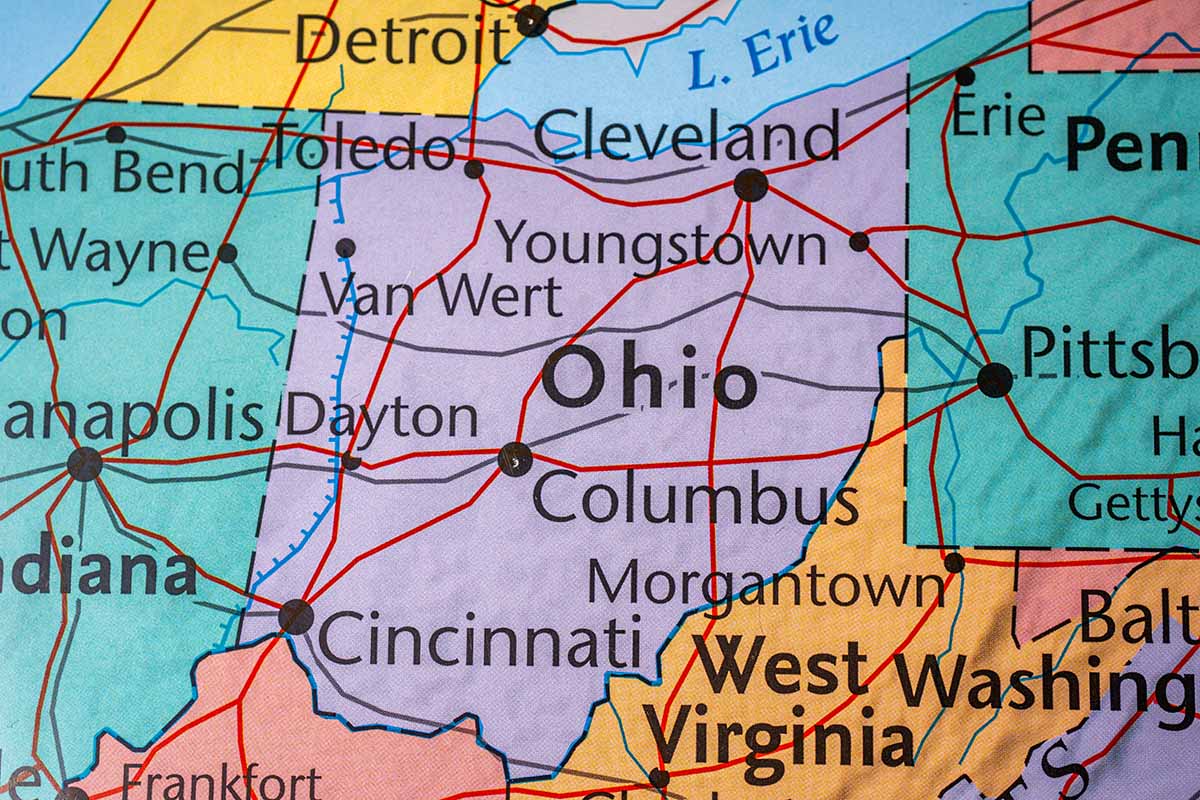
Thermoforms like those shown here often contain post-consumer material from bottles, but a California bill would require post-consumer thermoforms to be used in production of new thermoforms. | Anakumka/Shutterstock
Current debate over a California bill requiring PET thermoforms to contain RPET derived from thermoforms boils down to one question: What will materials recovery facilities do?


